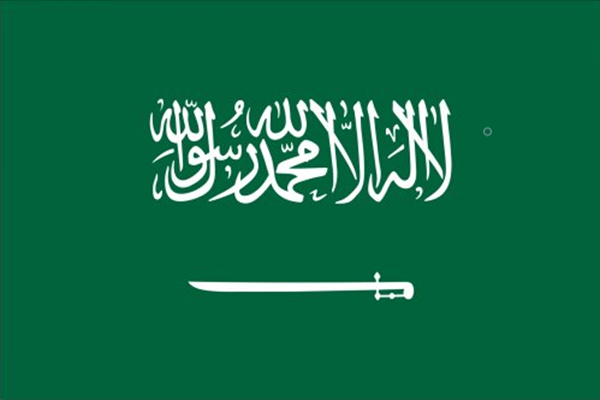If you are an exporter looking to sell your products in Nigeria, it is essential to obtain a Standards Organisation of Nigeria Conformity Assessment Programme (SONCAP) certificate. The SONCAP program requires all exporters to obtain this certificate before importing goods into the country. In this article, we will explore why a SONCAP certificate is essential for exporters and how it can benefit your business.
What is a SONCAP Certificate?
The SONCAP program is a mandatory conformity assessment program launched by the Standards Organisation of Nigeria (SON) in 2005. It is designed to ensure that all imported products meet the Nigerian regulatory standards for safety, health, and environmental protection. The SONCAP certificate verifies that the product is compliant with Nigerian technical regulations and standards, such as the Minimum Energy Performance Standards (MEPS).
Why is a SONCAP Certificate Essential for Exporters?
Compliance with Regulations
Exporters must obtain a SONCAP certificate to ensure compliance with Nigerian regulations. The certificate ensures that the product meets the country’s safety, health, and environmental protection standards. Failure to comply with these standards can lead to products being rejected at the border or even seized by authorities, resulting in financial losses for exporters.
Access to the Nigerian Market
A SONCAP certificate is mandatory for all products to be imported into Nigeria, making it a requirement to access this growing market. Nigeria is the most populous country in Africa, and its economy is growing rapidly. By obtaining a SONCAP certificate, exporters can access this market and benefit from the country’s growing demand for products and services.
Protection of Consumers
The SONCAP certificate helps protect consumers by ensuring that the products they buy meet Nigeria’s strict safety, health, and environmental protection standards. This is especially important for products that may pose a risk to consumer health, such as food, pharmaceuticals, and cosmetics.
Enhances Business Reputation
Obtaining a SONCAP certificate demonstrates a company’s commitment to quality and safety, enhancing its reputation and credibility. Companies with a positive reputation are more likely to attract customers and increase sales, thereby expanding their business.
Simplifies Customs Clearance
The SONCAP program streamlines the customs clearance process, making it easier for exporters to clear their products through Nigerian customs. This can save time and money and reduce the risk of delays or complications in the importation process.
How to Obtain a SONCAP Certificate?
The process of obtaining a SONCAP certificate involves the following steps:
Product Registration
Before exporting to Nigeria, the exporter must register their product online with the Nigerian Customs Service (NCS). The registration process includes product classification, payment of applicable fees, and upload of relevant documents.
Product Testing
The next step is to conduct product testing to ensure compliance with Nigerian standards. Testing should be conducted at an accredited laboratory recognized by SON.
Pre-shipment Inspection
Once the product has been tested, the exporter will need to obtain a SONCAP certificate through a pre-shipment inspection. This is conducted by an independent inspection agency accredited by SON.
Issuance of a SONCAP Certificate
Upon successful completion of the pre-shipment inspection, the inspection agency will issue a SONCAP certificate. This document confirms that your product meets Nigerian regulatory requirements and allows the product to enter the country.
On-site Verification
After issuing the SONCAP certificate, SON may conduct random on-site verification of imported products to ensure continued compliance with Nigerian standards and regulations.
Conclusion
Obtaining a SONCAP certificate is essential for exporters looking to access the Nigerian market. It ensures compliance with regulations, protects consumers, enhances business reputation, simplifies customs clearance, and provides access to a growing market. Failure to obtain a SONCAP certificate can result in products being rejected or seized at the border, leading to financial losses for exporters. By obtaining a SONCAP certificate, exporters can demonstrate their commitment to quality and safety, expand their business, and benefit from the growing demand for goods and services in Nigeria.
- JCT was Initiated in 2003,and has been established since 1990.we have been working on certification and testing for over 15+ years experience.
- More than 500 customers choose JCT’s Service, we JCT get more than 1000+ certificate for customers,and save many times and money.Also helped customers get more orders.
- We are confident that the job will be completed to your satisfaction. If for any reason you are not fully satisfied with the results, we will fix the issue and won’t consider the job done until you have a smile on your face!
- Don’t worry about hidden charges at the end. We present you with fixed rate pricing before any work even begins, so you will know exactly what to expect. What we quote is what you can expect to pay nothing more.



























